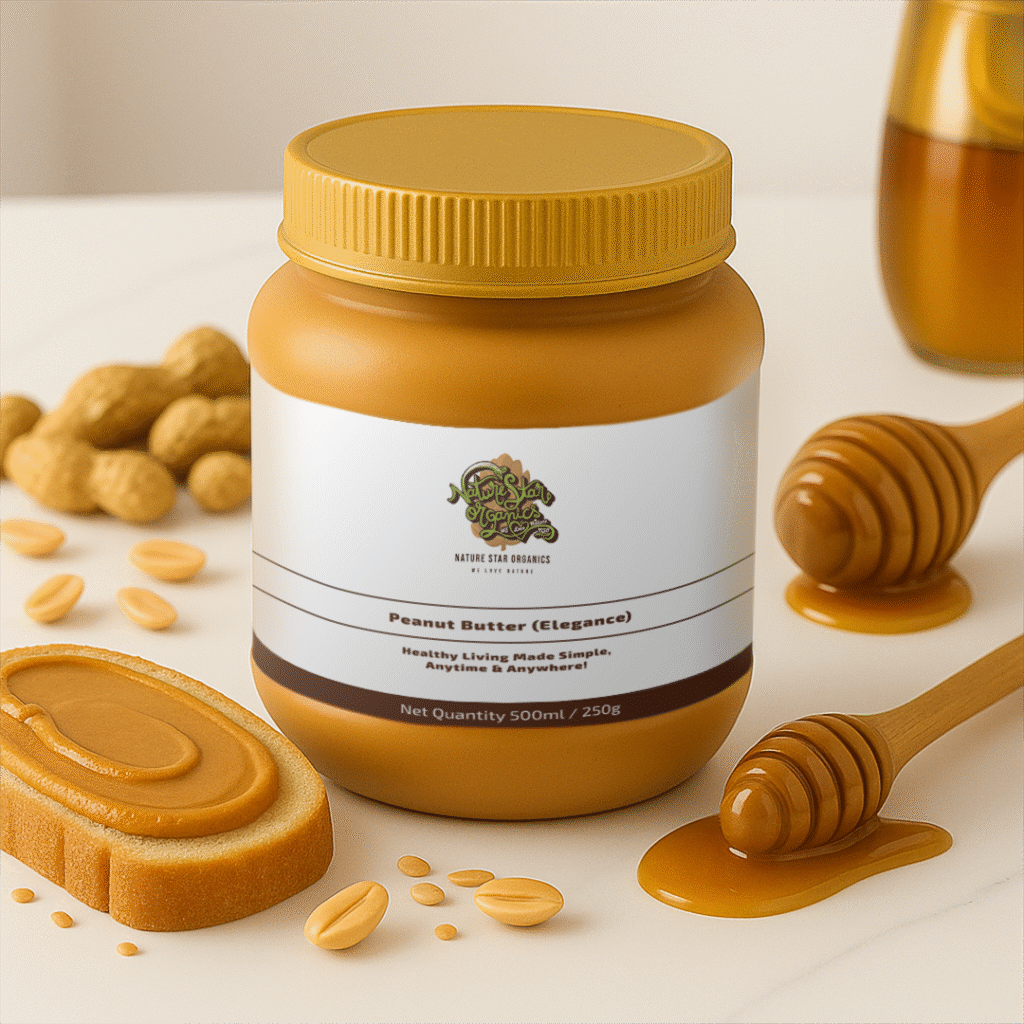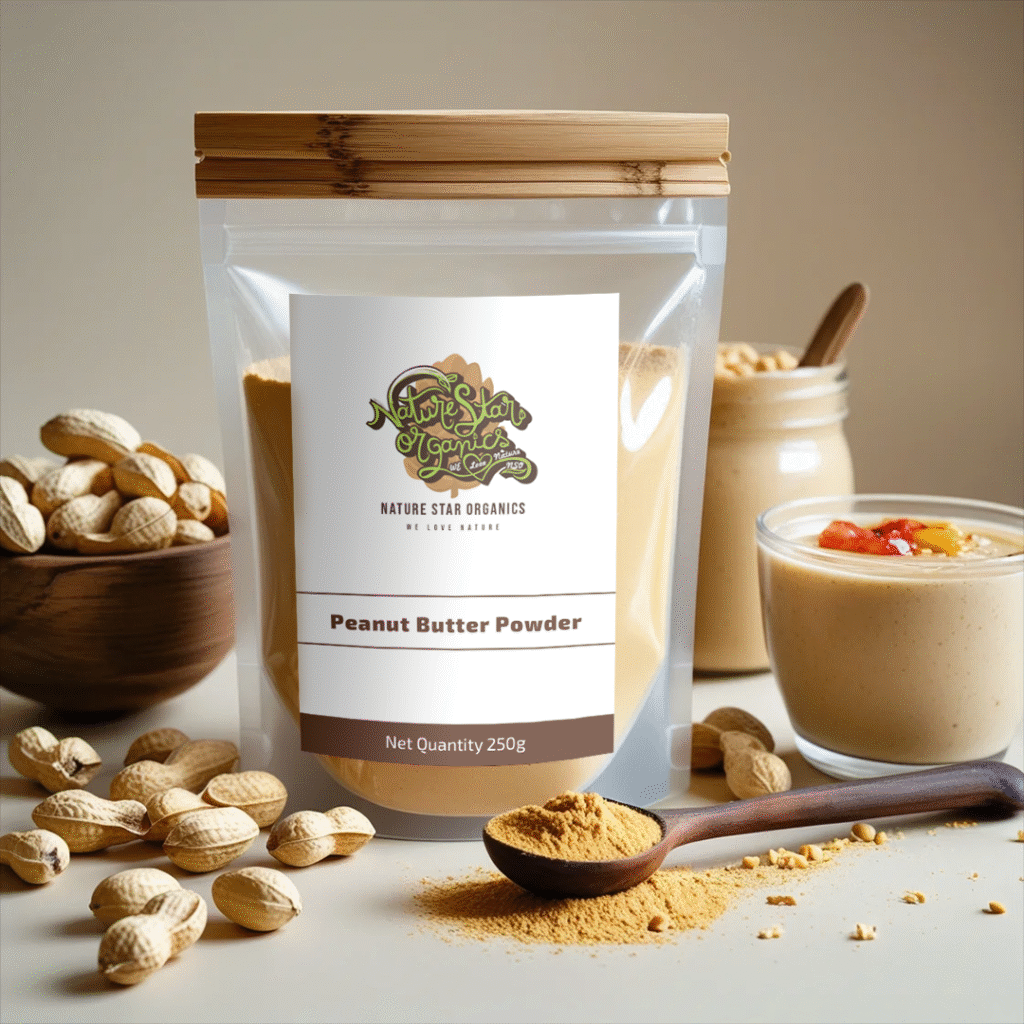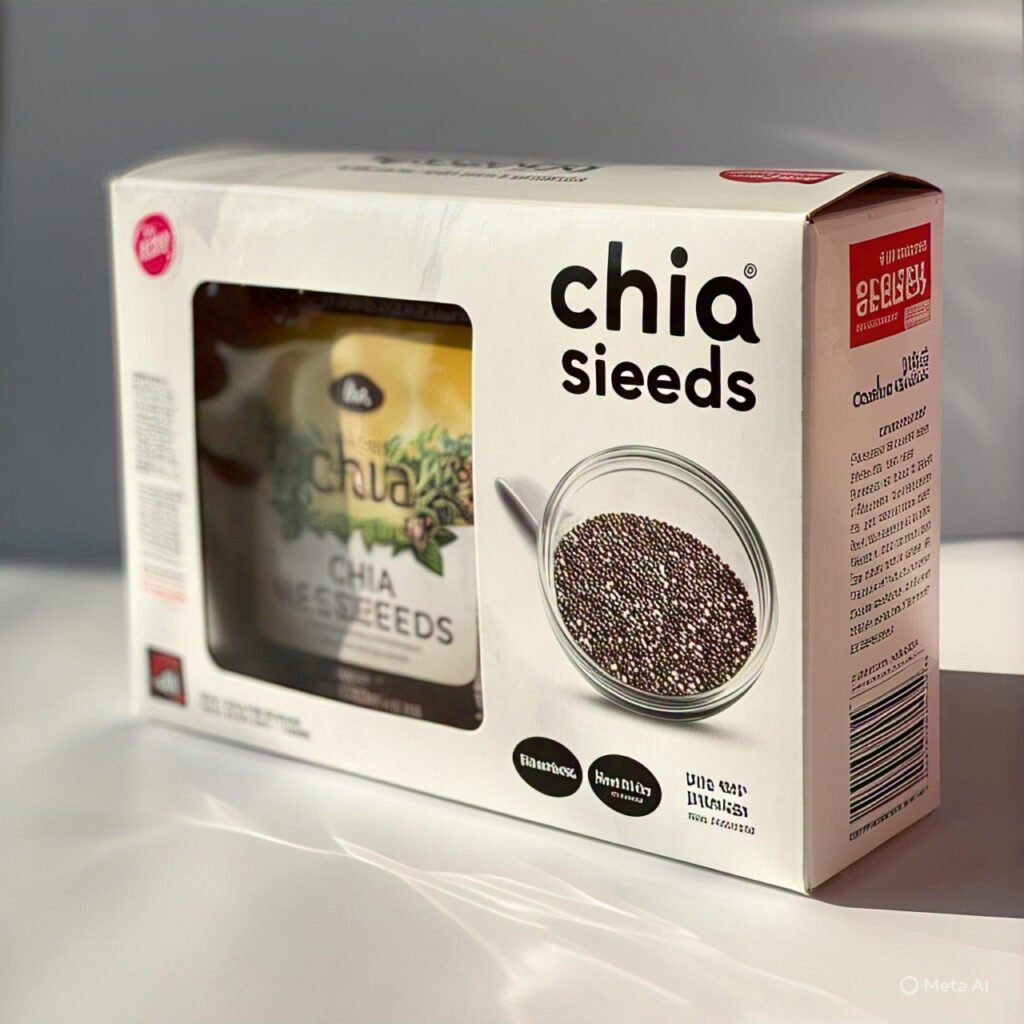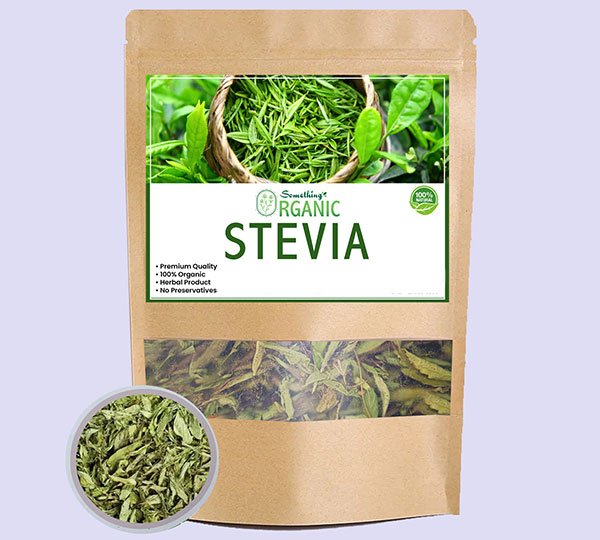Processed Foods vs. Whole Foods
Why Your Body Knows the Difference
Introduction
In today’s fast-paced world, making mindful food choices has become more important than ever. While grocery store shelves are lined with countless convenient meal options, not all foods are created equal. The contrast between processed foods and whole foods is a critical consideration for anyone aiming to lead a healthier life. Understanding the impact of what we consume helps us make more informed, nourishing decisions. At Nature Organics, we believe in empowering individuals with clean, wholesome, and natural choices to support well-being from the inside out.
What Are Whole Foods?
Whole foods are those that are consumed in their natural state or with minimal processing. They contain no artificial additives, preservatives, or high levels of sugar or salt. Examples include fresh fruits, vegetables, whole grains, legumes, seeds, and nuts. Whole foods retain their full nutrient profile and provide vital vitamins, minerals, fiber, and antioxidants. They maintain their natural fiber content, are rich in nutrients while being low in calories, and are less likely to cause blood sugar spikes.
What Are Processed Foods?
Processed foods have undergone mechanical or chemical treatment to alter their original form. While not all processing is harmful—for instance, freezing vegetables to preserve freshness—heavily processed foods often contain additives, preservatives, artificial flavors, and large amounts of sugar, salt, and unhealthy fats. Examples include sugary cereals, packaged snacks, ready-to-eat meals, and sodas. Processing can vary from minimal, such as washing and packaging vegetables, to moderate, like canning beans or making cheese, to high levels seen in instant noodles and frozen pizzas.
How Your Body Reacts: Whole Foods vs. Processed Foods
Your body reacts to natural foods differently than it does to altered ones. Whole foods are broken down slowly, providing sustained energy and nutrients. In contrast, processed foods are often digested quickly, leading to spikes and crashes in blood sugar and energy levels. Whole foods help support stable insulin levels, while processed foods can cause rapid glucose spikes. The natural fiber present in whole foods also aids digestion and keeps you feeling full longer, supporting better portion control and reduced snacking.
Nutritional Breakdown: Side-by-Side Comparison
Nutrient | Whole Foods | Processed Foods |
Fiber | High | Low or Removed |
Vitamins/Minerals | Preserved | Often Destroyed or Reduced |
Sugar | Naturally Occurring | Added in Excess |
Sodium | Naturally Low | Often Extremely High |
Preservatives | None or Minimal | Common |
Satiety | Promotes Fullness | May Trigger Overeating |
Long-Term Health Impact
Long-term consumption of processed foods is linked to a range of chronic conditions including obesity, type 2 diabetes, heart disease, and even depression. In contrast, diets rich in whole foods promote longevity, improved mental health, and stronger immunity. Whole foods help reduce inflammation, support heart and brain health, and maintain a healthy weight. Meanwhile, processed foods often contribute to hormonal imbalances, insulin resistance, and gut microbiome disruption, all of which negatively affect overall health.
The Body’s Natural Intelligence
Our bodies are designed to recognize and efficiently process real food. When we eat whole foods, our systems function optimally, from hormonal balance to energy production. Processed foods, on the other hand, confuse our internal systems, leading to cravings, digestive issues, and nutrient imbalances. Natural foods provide the essential building blocks that our bodies identify and use effectively, helping maintain better hunger regulation and reducing the toxic load on detoxification organs like the liver and kidneys.
Psychological Effects of Diet
Our diet has a significant impact on our overall mood and well-being. Diets rich in processed foods can lead to mood swings, anxiety, and depression. Whole foods provide the nutrients necessary for stable mood and cognitive function. They support serotonin production, improve focus and memory, and can help reduce symptoms of anxiety. A consistent intake of whole foods has been associated with greater emotional resilience and better stress management.
Transitioning to Whole Foods: Simple Tips
Making the switch doesn’t have to be overwhelming. Start with small, manageable changes to integrate more whole foods into your diet. Replace white bread with whole grain options and cook more meals at home using fresh ingredients. Keep healthy snacks like nuts or fruits handy, and shop the perimeter of the grocery store where fresh foods like produce, meats, and dairy are typically found. These changes, though small, add up over time and make a significant impact on your overall health and wellness.
How to Read Food Labels
Reading food labels is a key skill in identifying processed ingredients. Look out for added sugars, artificial ingredients, and long, unpronounceable chemical names. A good rule of thumb is to choose products with a short ingredient list, composed of recognizable items. Be mindful of the amounts of added sugar and sodium, and avoid artificial additives or hydrogenated oils. The fewer the ingredients, the closer the product is to its whole food origin.
Real-Life Transformations
Many people have transformed their health by switching from processed to whole foods. Here are a few real-world examples:
Emma shared, “After cutting out processed foods and switching to a whole foods diet, I noticed a dramatic improvement in my energy levels and digestion. Nature Organics made it easy for me to find clean and organic ingredients.”
Ali, another satisfied customer, noted, “My health markers improved significantly within three months of reducing processed foods. Whole grains and seeds from Nature Organics became a staple in my meals.
Nature Organics: Your Partner in Wholesome Living
At Nature Organics, we are committed to offering food that’s as close to nature as possible. From farm to table, our products maintain the nutritional integrity your body craves. Whether it’s organic legumes, grains, or seeds, you’ll find clean options that align with your health goals. We believe in transparency, sustainability, and helping you make mindful food choices.
Conclusion
The debate between processed foods vs. whole foods isn’t just about calories—it’s about quality, nourishment, and how our bodies were designed to function. By choosing whole foods, you give your body the tools it needs to thrive. The more we understand our body’s needs, the more empowered we become in our food choices. Let Nature Organics help you make the switch with confidence.














